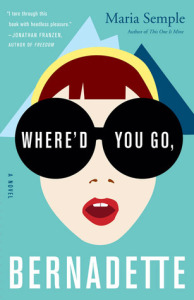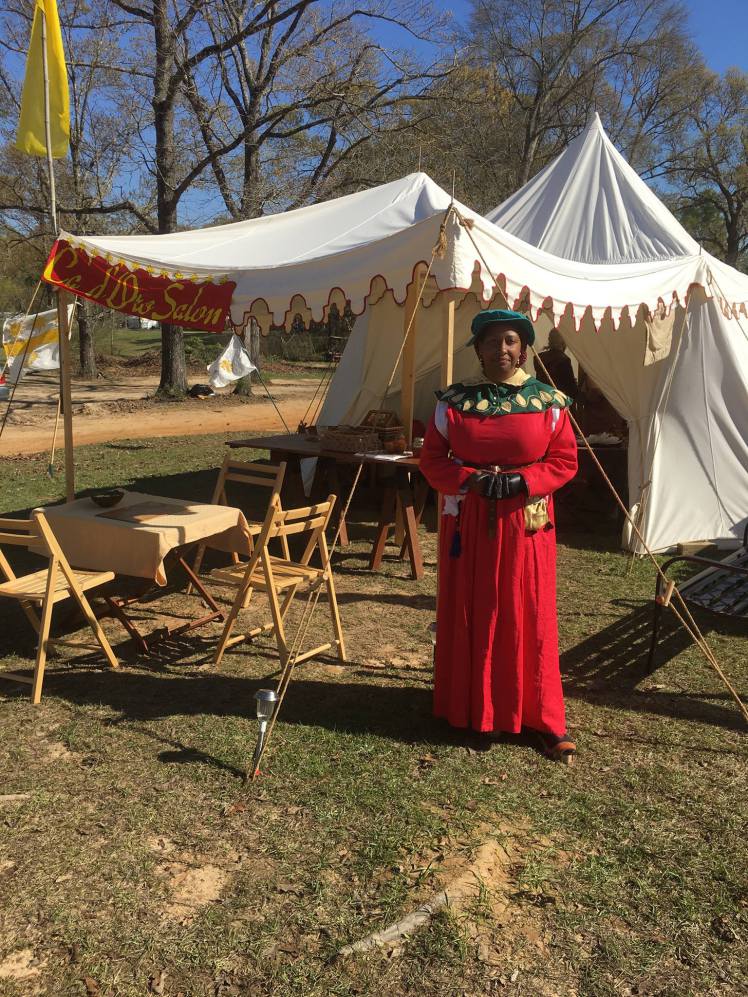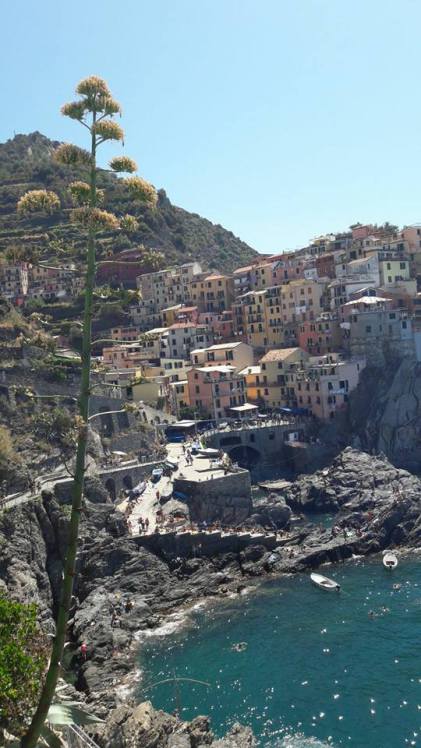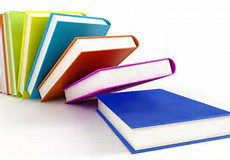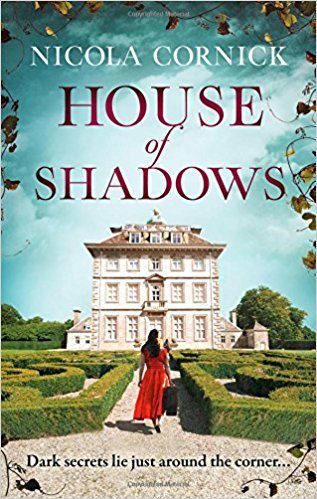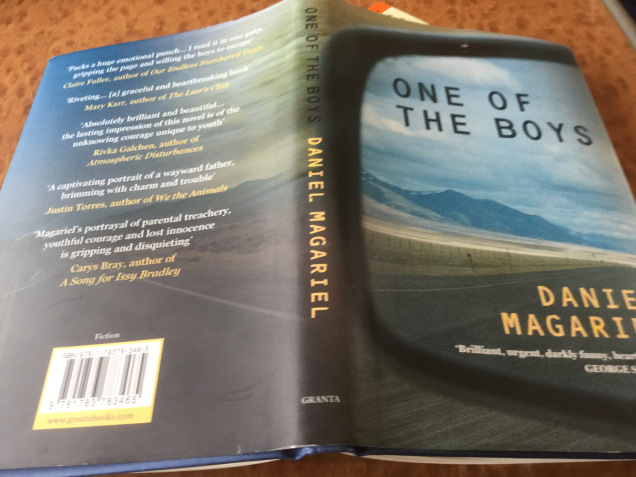
Yesterday a day full of addiction and hope.
I visited the wise Karen Biggs, CEO of Phoenix Futures, one of the UK’s leading addiction/housing charities. We’ve done some great work with Phoenix over the years, and it’s always a joy to spend time with the energetic heart and brain that is Karen.
Later in the day I spent time talking to playwright Sonya Hale, a truly remarkable woman. Sonya became an addict in her early twenties, and was street homeless for a decade. Much later she changed her life, partly through meeting the charity Clean Break. She won the Synergy Theatre’s national prison writing competition with her play, Glory Whispers. She spoke to me of the pain of losing her son, when her addiction became unmanageable, and he went to live with his Dad, and how that finally helped her confront her addiction and get into recovery. The interview will be published in The Reader magazine at a later date.
It was a long chat with Sonya. We’ve a lot of common and I’m always interested in learning how people live and why they sometimes learn to change. I feel as if something new has entered my bloodstream and I’ll be processing the conversation for weeks ahead.
On the train on the way down to London I finished (a two-sitting book) Daniel Magariel’s One of The Boys. I think I found this through a recommendation on twitter by the exceptionally emotionally intelligent writer, @carysbray. It also came with a blurb from my top-rated author, George Saunders. Those are two very remarkable writers, so I ordered my copy. I thought Karen or others at Phoenix might be interested in it so I when I arrived at her office in Elephant and Castle, I gave my copy to Karen Biggs.
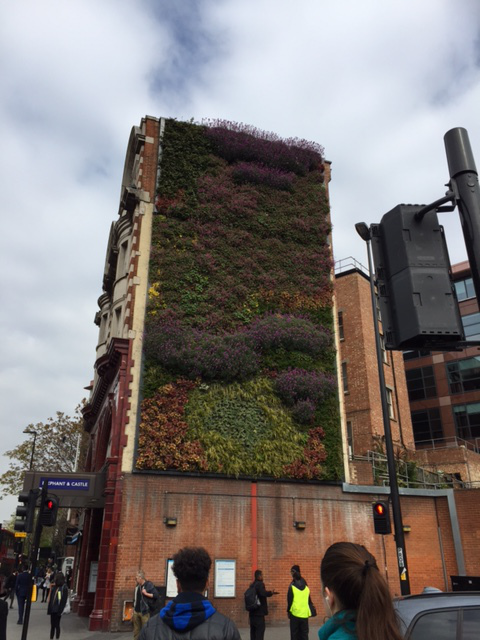 The wonderful green wall at Elephant and Castle
The wonderful green wall at Elephant and Castle
It’s slight in terms of pages, a novella, but it is enormous in its content and concentrated experience, not unlike my two-hour conversation with Sonya. I felt I had been reading for a week, not two one-hour sessions. Reading with eyes glued to the page, full-pelt, non-stop. Told through the eyes of a child, the younger of two in a family where the father is a drug-user and is a manipulative, violent man, it’s a slice of real time, an immersion in an experience you might not want to know about. It’s not an easy read but its a real good one, with exceptionally careful writing about emotions.
The story is almost all about ‘the boys’, the father and his two sons; we don’t see the mother much and we don’t know her story, but the scene where she dances ‘salt and pepper shaker’ had a grim and utterly real graveyard humour. Apart from that, I did not laugh. I found the book frightening and true to life. Like Frank Alpine in Malamud’s The Assistant, when he is reading Crime and Punishment, I had the crazy feeling I was reading about myself.
When you have parents who do not parent you, you live a cycle of caring for them when they need looking after, craving their attention when they don’t and then suffering when they don’t look after themselves, or when they turn on you. All that is carefully detailed here, in under 170 pages.
Every care worker, every social worker or children’s home assistant, every teacher, should read this book.
Scrub that, it’s a big problem with wide ramifications. Everyone should read it.
Neither of my parents were straightforwardly ‘like’ the parents in this book but there are certain underlying resemblances, the bone structure of addiction remaining the same whatever the flesh looks like. An addict is not a grown up, is not responsible, is broken, is ill. As the child you carry a lot of weight for them. You think their thoughts, feel their feelings. As a result you never really know where your own emotions begin and your parents’ end. That’s what most struck the chimes here.
After a particularly bad night, where the father and younger son (‘we’ in the quotation below) have attacked and threatened to kill the older son, the younger struggles with guilt, anger and loneliness:
That night after we had cleaned up and dragged the coffee table to the Dumpster, my father called him into his room. I listened outside the door as he told my brother that he should never have contacted our mom. That we’d felt betrayed and did not know what else to do. “I would never hurt you,” my father said. “We only meant to scare you. Please forgive me. Do you forgive me?” Then he said, “Thank you, I forgive you, too. Can I have a hug?” The bed squeaked as my father scooted closer, I guessed, because a moment later he said, “Put your arms around me, son.”
I stepped outside to the park.
Overhead the moon was hidden. Clouds were backlit at their feathery edges. A strong wind from the east, from the Sandias, swept over the grass. I winced at the thought of today. My father turned us against each other – it was his method of control. And I’d fallen for it again. Any remorse I had for the Polaroids now felt false. I had let down my brother just as I had my mom. I was so disappointed in myself and I swore then that I would never again choose my father. I never again wanted to harm anyone I loved. I was on my brother’s side now. He was my brother for life. I’d been lucky today that he had not been not more seriously hurt.
A flock of birds came to rest on a nearby pinon tree, populating its limbs like leaves. and though I could hardly see them, hear them, I was happy for their quiet company and hoped they would not leave me soon.
Frightening, touching and educative – highly recommended.
Share this: